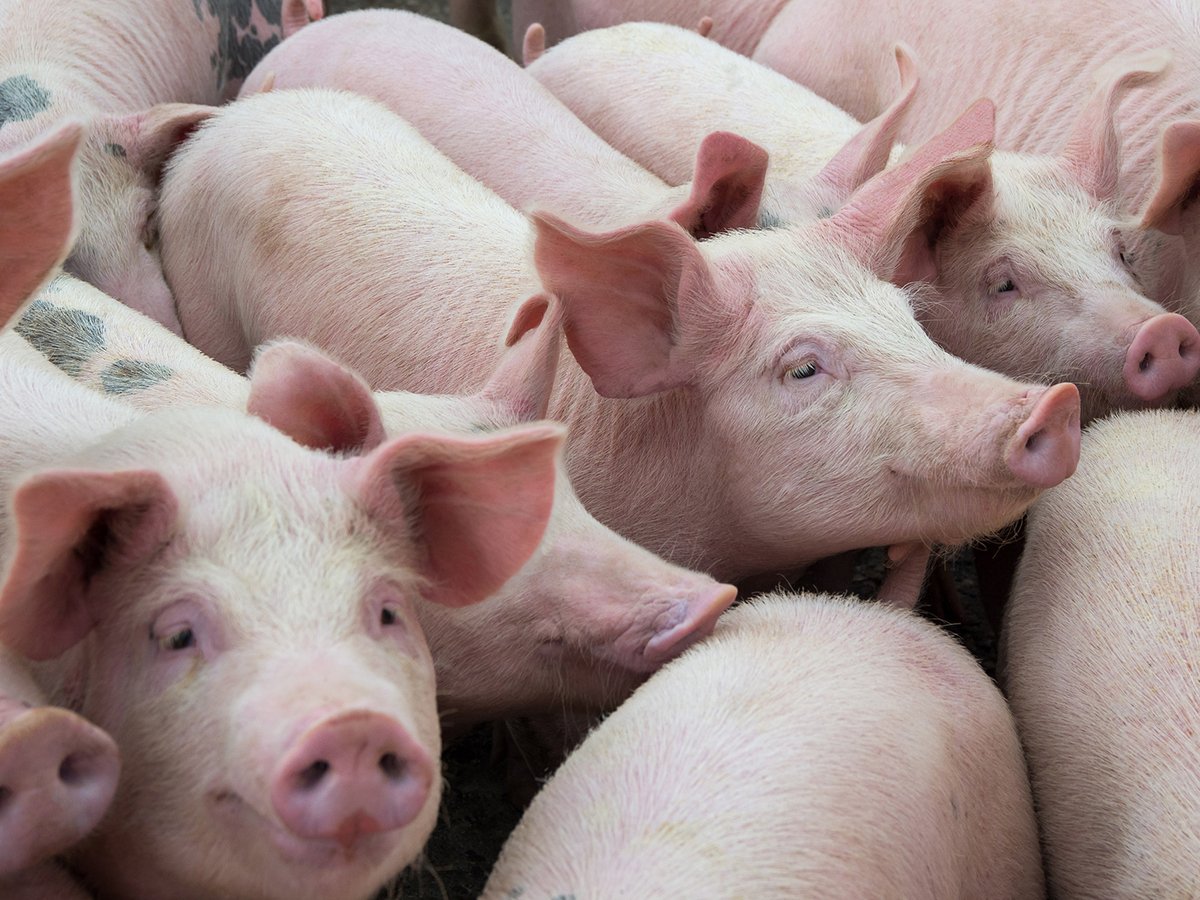100 MILE HOUSE, B.C. – British Columbia cattle producers want communicable livestock diseases handled differently after living through a lengthy quarantine this year prompted by the discovery of tuberculosis on a Vanderhoof ranch.
A resolution from the B.C. Cattlemen’s Association has referred for study a list of recommendations on how the Canadian Food Inspection Agency handles quarantines, communication and compensation.
Roland Baumann, who ranches in the area where the infection was discovered, said such recommendations would require a change to the province’s Health of Animals Act. Producers say the act is outdated and does not consider how people are affected while under quarantine.
Read Also

Quebec pork company calls for transparency around gene-edited pigs
Quebec-based pork company duBreton is calling for transparency around meats from gene-edited pigs on concerns that a lack of mandatory labelling will confuse consumers, and dilute certification claims. The organic sector is also calling for labelling rules.
The ranch where the infected bull was from, as well as two others, remain quarantined.
“The CFIA takes control of the cattle but they do not own them,” Baumann said.
A meeting with CFIA officials
May 22 prompted the recommendations, which say the agency should be responsible for animal health and scientific investigations but not compensation.
A quarantined farm receives no assistance to cover the cost of replacement animals, feed for quarantined animals or other expenses.
Alex Kulchar, a Vanderhoof rancher and brand inspector, said Agriculture Canada should be responsible for financial aid.
“We are hoping that through what these people had to go through we can make recommendations to avoid some of this in the future,” Kulchar said in an interview during the BCCA annual meeting in 100 Mile House June 14.
Last year he inspected 11 bulls and 300 cow-calf pairs from the ranch to which the TB case was eventually traced. They were sold at the auction market in Innisfail, Alta., in August.
A load of mature bulls was shipped to a Quebec slaughter plant, where it was discovered one had tuberculosis lesions.
Kulchar said the CFIA contacted him about the cattle in his role as brand inspector, but no one told him what happened or why the agency wanted information.
He said the local stockmen’s association felt it should have been told so that affected producers could be supported.
The quarantine extended to about 20 farms as the investigation progressed. The area had a similar experience with a brucellosis quarantine in the 1970s, and Kulchar said producers don’t feel the government approach has improved.
The province contributed $25,000 to help buy feed in January.
“The CFIA is busy doing its job and they are not thinking about whether it affects marketing.”

















